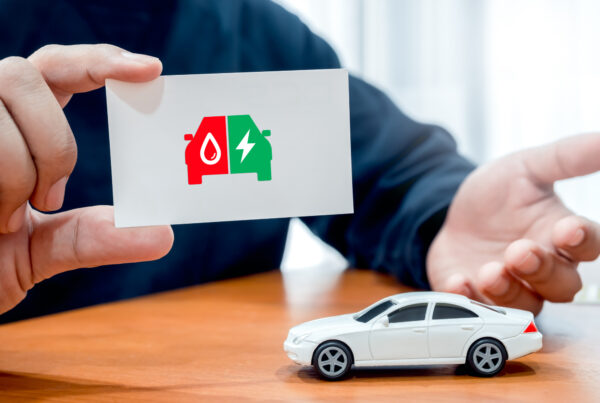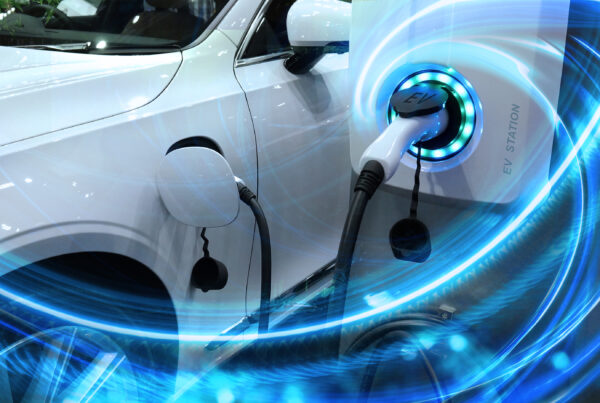Europe had its fair share of ups and downs when it comes to electrifying their transport. John Verboise, Managing Partner at 5s Consulting, recently shared insights on what we can learn from Europe in terms of creating a used market for EVs.
Fleet Electrification and Shorter Cycles
Europe has seen a significant shift towards fleet electrification. Approximately 42% of the European market consists of fleet cars, including company cars and fleet management organisation (FMO) vehicles.
This trend has led to shorter vehicle cycles, with more companies adopting subscription models and private leasing. The goal in Europe is to electrify the entire fleet by 2035, gradually phasing out internal combustion engine (ICE) vehicles and reducing reliance on fossil fuels.
Resale Value as a Key Factor
One crucial aspect of accelerating EV adoption is the resale value of used electric vehicles. The used car market plays a significant role in making EVs affordable for fleet owners and individual consumers alike. Compared to ICE vehicles, EVs offer lower operating costs and maintenance expenses.
However, the resale value of EVs heavily influences their affordability. Higher resale values make EV ownership more economically viable, considering factors such as depreciation, monthly rates, insurance costs, and overall ownership expenses.
Challenges in Selling EVs and Industry Collaboration
Verboise acknowledges that the automotive industry faces several challenges in selling EVs effectively. He criticises the industry’s poor online presence and customer engagement, comparing it unfavourably to competitors like Tesla.
A balanced approach is important. This way, industry players can collaborate not only to address imbalances in supply and demand but also to ensure the availability of used vehicles while developing a robust remarketing process.
To foster the growth of the used EV market, Verboise emphasises the need for a comprehensive understanding of the re-marketing process. Various factors come into play, such as end-of-lease considerations, inspection protocols, fair wear and tear assessments, and changes in vehicle return policies.
Key stakeholders like leasing companies, fleet managers, and government bodies should be involved in discussions on policymaking and infrastructure development to support the second-hand EV market effectively.
Policy supports also plays a crucial role in encouraging the growth of the used EV market. Government agencies and industry associations should collaborate to develop effective policies that address the unique challenges of the EV market, including state-of-health assessments, battery degradation, and standardisation of re-marketing practices.
Education and accurate media reporting is also crucial to dispel common misconceptions about EVs and promote a fair assessment of their capabilities and advantages.
In a Nutshell
Europe’s experience in creating a thriving used market for electric vehicles offers valuable insights for other regions. By learning from Europe’s mistakes and embracing the lessons learned, the industry can accelerate the transition to electric mobility more effectively.
Collaboration among industry stakeholders, policy support, and a comprehensive understanding of the re-marketing process are crucial for creating a sustainable and profitable used EV market.
Did you find this article interesting? Give it a ‘like’ by clicking the ‘heart’ button above!


















